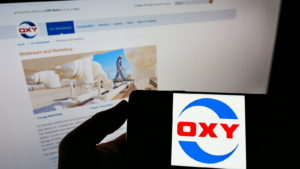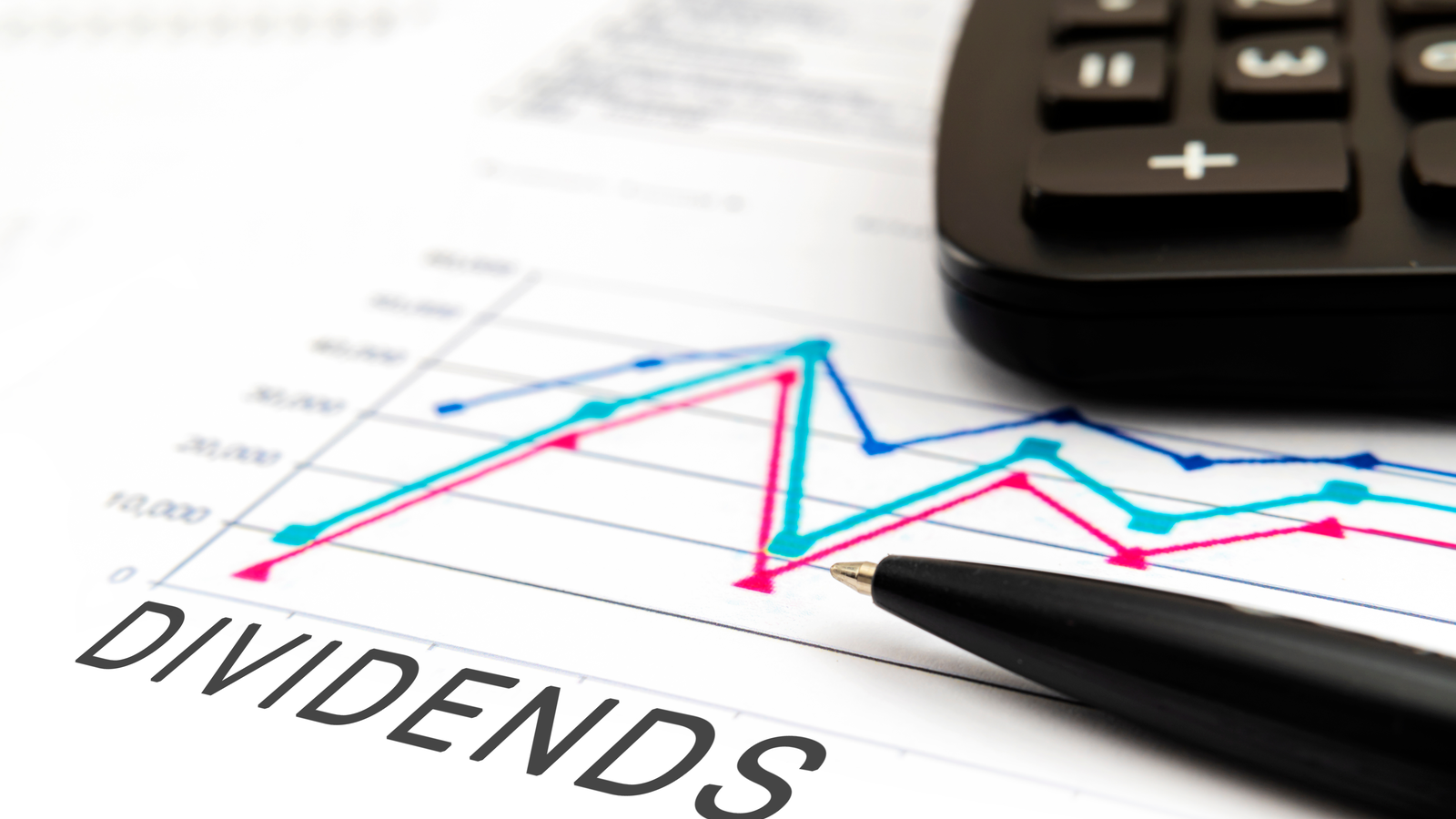Since becoming CEO of Berkshire Hathaway (NYSE:BRK-A NYSE:BRK-B) in 1965, Warren Buffett generated 3.7 million percent returns for investors. That’s a staggering statistic, considering the S&P 500 returned some 24.7 thousand percent. There is a good reason he’s referred to as the Oracle of Omaha. This has led to the rise of Warren Buffett dividend stocks to buy.
Yet a good part of Buffett’s success lies in his love of dividend stocks. Companies that pay dividends are often those that have stood the test of time. They are successful, profitable businesses that have gone through numerous cycles and come out ahead.
Of the 49 stocks in Buffett’s portfolio, 31 pay dividends. He will receive nearly $6 billion in dividends from those stocks in 2023.
But like a lot of Buffett’s investment advice, it’s often a case of do as I say, not as I do. Because as much as Buffett loves dividends, he refuses to allow Berkshire Hathaway to pay any.
That doesn’t mean investors can’t still profit off of the dividends Buffett receives. They help juice the returns of Berkshire Hathaway, ultimately making it a good investment. But The Oracle will receive over $2.8 billion from just three companies, or 50% of all the dividends he collects. What follows are the top Warren Buffett dividend stocks Berkshire Hathaway owns.
Occidental Petroleum (OXY)

Because Buffett only recently paused his shopping spree of Occidental Petroleum (NYSE:OXY) stock, he now owns more than 2.24 million shares of the oil and gas giant. That means Buffett’s ownership stake is 25%, and he has permission from the Securities & Exchange Commission to buy as much as 50%. His dividend payment ought to be around $961 million.
Yet Occidental’s dividend is $0.96 per share, so if you do the math, it looks like Buffett will only collect around $161 million in dividends from his shares. What many forget (or do not know) is that Berkshire Hathaway also bought $10 billion of preferred stock. Those shares yield 8% annually giving Buffett an additional $800 million in preferred dividends. However, Occidental did begin buying some of that stock back. Any redemptions Occidental makes require it to pay Berkshire any accrued and unpaid dividends. All in all, it’s one of those Warren Buffett dividend stocks to consider.
Buffett bought Occidental Petroleum because of its dominance in the Permian Basin. He said it was “a bet on the fact that the Permian Basin is what it is cracked up to be.” However, the U.S. Energy Information Administration recently reported that Permian was leading the way in new oil and gas production. It forecasts the region’s third straight month of production declines.
That’s partly due to the higher costs of drilling deep wells. Although deeper wells produce more oil per well, thus generating higher revenue, they are also more expensive to drill. It suggests the short and medium-depth wells oil companies are opting for will end up showing up on the income statement as reduced revenue. Profits might not be hurt too much, though, due to the cost savings.
Apple (AAPL)

Even though Apple (NASDAQ:AAPL) is Buffett’s favorite stock, comprising 46% of Berkshire Hathaway’s total portfolio, it’s not the top dividend-generating stock. Buffett owns over 915 million shares of the tech giant, but Apple’s dividend of $0.96 per share means he will collect just under $879 million worth of dividends this year.
Apple, of course, is the most valuable stock on the market. It is worth some $2.8 trillion dollars. Even if its shares were cut in half, it would still be one of the five most valuable companies. That’s because Apple remains the technological leader when it comes to products like the iPhone, Apple Watch, Mac, and other personal electronic gear.
It just revealed its new product lineup. Apple will be releasing the iPhone 15 that will sell for $799, some $50 cheaper than last year’s iPhone 14 (The Pro will cost $999). This comes as smartphone sales are expected to fall to their lowest level in the past decade. Shipments this year will hit 1.15 billion units, a 6% decline 6%, according to Counterpoint Research.
Apple continues to narrow the gap between it and Samsung in global market share. The iPhone now has a 17% share of the market, up from 14% last year, while Samsung’s share remained flat at 20%. With the iPhone 15’s release, that gap may narrow further. This make it one of those Warren Buffett dividend stocks you should keep on your watchlist.
Apple’s stock is off nearly 10% from its all-time highs. With a pricey valuation, shares could slip further if the new iPhone doesn’t catch on quickly. Apple manages to surprise naysayers, so keep an eye out for where they go.
Bank of America (BAC)

Bank of America (NYSE:BAC) stock is faring even worse than Apple as a result of the financial crisis earlier this year. The seizure of Silicon Valley Bank, Signature Bank (OTCMKTS:SBNY), and others created a ripple effect of worry about the health of America’s banking system. It reached even to the biggest banks, such as Bank of America. Its stock tumbled 25% from its highs.
Buffett owns over one billion shares of the bank. He held on tight to the stock even as he shed the shares of other financial institutions.
The market shouldn’t be so worried. While rising interest rates increase the cost of liabilities and decrease the value of investment securities held as assets, they do give banks opportunities to increase earnings by pushing up rates charged on loans, increasing profits.
Moreover, the shaken consumer confidence in banks caused them to withdraw their money from smaller banks and put it into larger ones like Bank of America. It added 157,000 net new customers in the most recent quarter. It’s the 18th consecutive quarter of growth. Revenue of $10.5 billion was 15% higher than last year.
With Bank of America’s stock trading at just 90% of its book value, the stock is a bargain. It also pays a dividend of $0.96 per share yielding 3.4% annually. For Buffett’s one-billion-plus shares, he’s raking in a cool $991.5 billion in dividends. That makes Bank of America Berkshire Hathaway’s biggest dividend check of the year.
On the date of publication, Rich Duprey did not hold (either directly or indirectly) any positions in the securities mentioned in this article. The opinions expressed in this article are those of the writer, subject to the InvestorPlace.com Publishing Guidelines.
